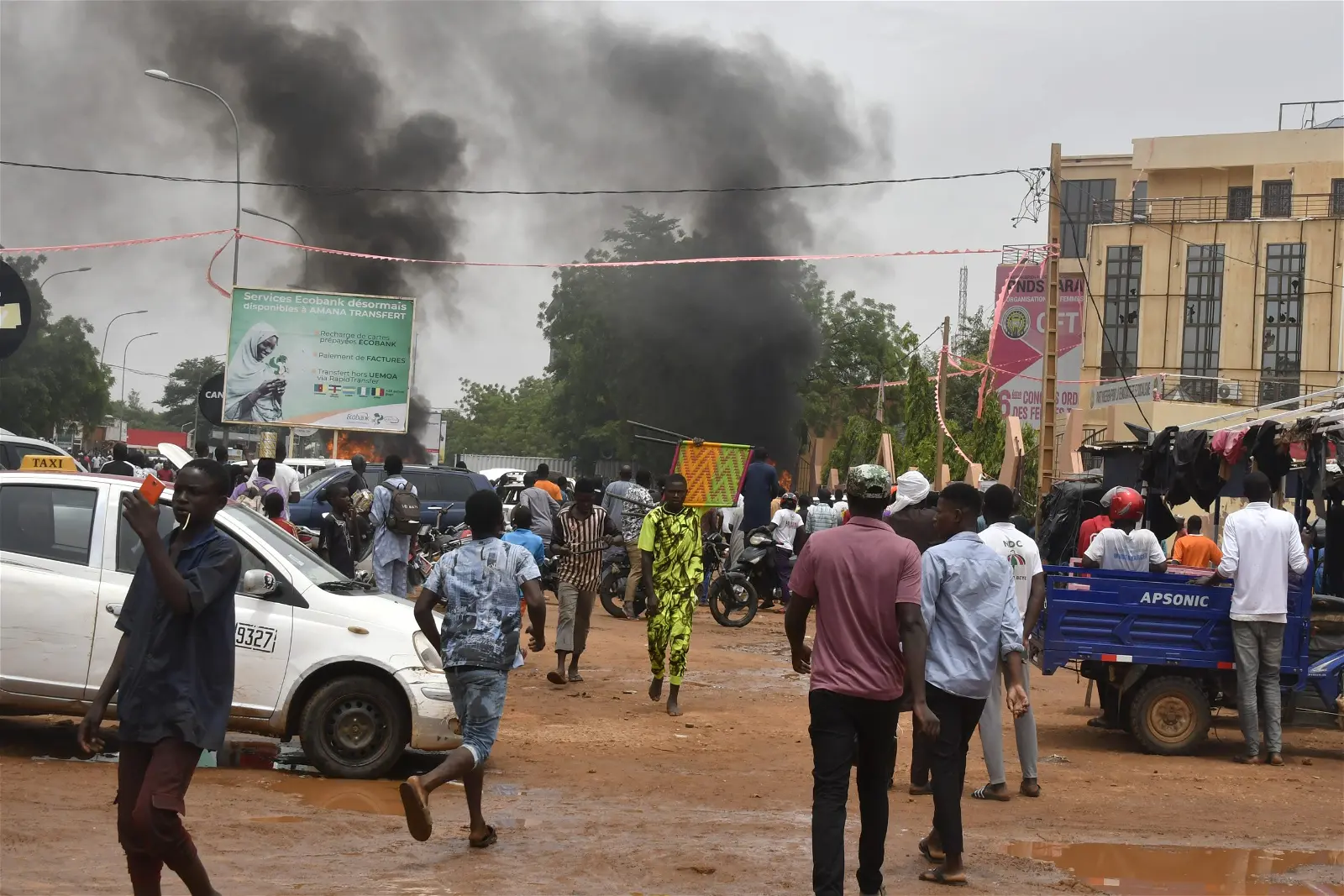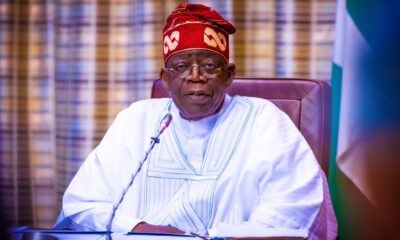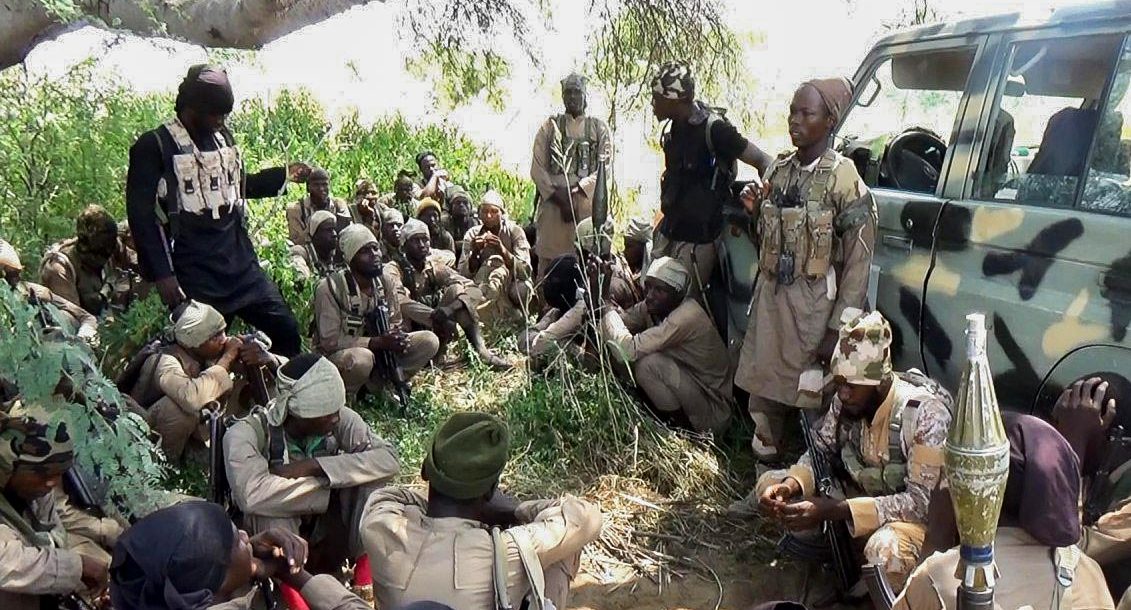Nigeria News
Niger coup: Trouble in ‘Nigeria’s 37th State’

The recent military coup in Niger Republic, which resulted in the detention of President Mohamed Bazoum, has sparked regional and international concern about the stability of the West African nation. Niger shares close cultural and historical ties with Nigeria, particularly in the northern states that share borders with the country.
The coup, led by General Omar Tchiani and members of the Nigerien presidential guard, led to the suspension of all institutions, closure of land and air borders, and the imposition of a curfew in Niger.
This move has been widely condemned by regional and international bodies, including the Economic Community of West African States (ECOWAS), the United States, France, and the United Nations. The actions have been described as unconstitutional and have resulted in stringent sanctions being imposed on the country.
Nigeria and Niger Republic share strong cultural and linguistic ties, with a large Hausa minority residing on both sides of their 1,500 km (930 mi) border. The two countries also have a predominantly Muslim population. These connections have contributed to close relations between the nations over the years.
Before President Buhari’s exit from office on May 29, 2023, he had made a statement that if disturbed in his hometown, Duara, he would relocate to Niger. This remark raised eyebrows at the time, but the recent coup in Niger has amplified concerns about the implications of such a move and the potential impact on northern Nigerian states that share boundaries with the country.
In fact, in February 2021, former Minister of Foreign Affairs, Geoffrey Onyeama said ex-president Patrice Talon has expressed readiness to cede the Benin Republic to Nigeria.
The minister said the Beninoise president made the offer for the country to become Nigeria’s 37th state when he visited President Muhammadu Buhari a few weeks ago.
Nigeria, as a regional powerhouse, has a vested interest in the stability of its neighboring countries. Any disruption in Niger Republic could have spillover effects on Nigeria, leading to potential security challenges and the need to address potential refugee influxes.
Moreover, there have been past suggestions of the Benin Republic being ceded to Nigeria, further highlighting the intertwined dynamics of the region. The situation in Niger has intensified concerns among Nigerians, given the close cultural, economic, and security ties between the countries.
As the situation in Niger unfolds, Nigeria must closely monitor developments in the region and engage in diplomatic efforts to support the restoration of constitutional order and stability. Nigeria’s role as a leader in ECOWAS puts it in a unique position to advocate for regional peace and stability.





















